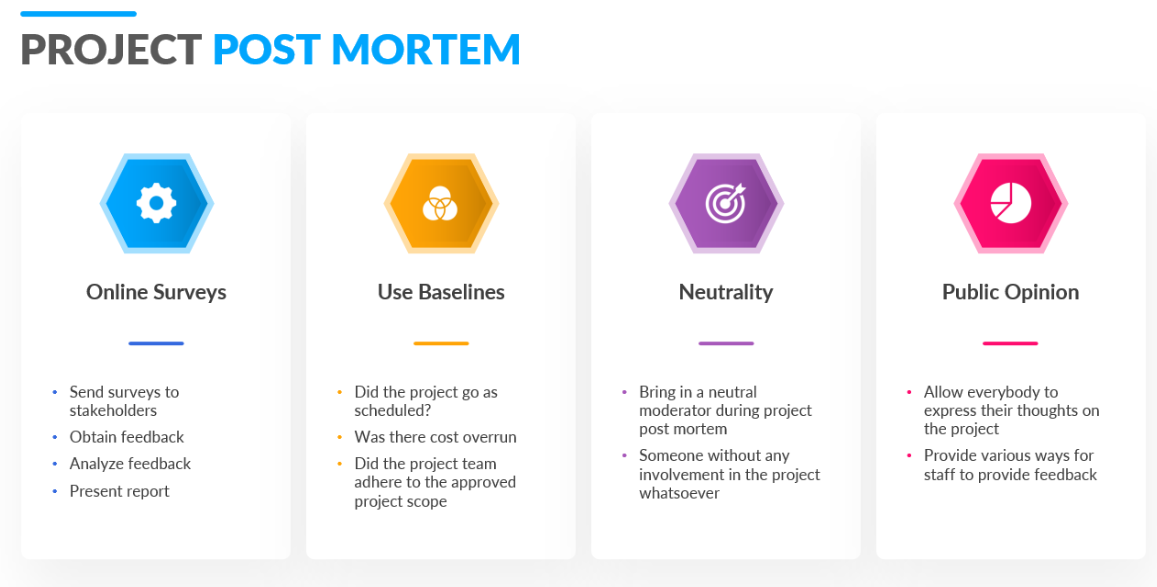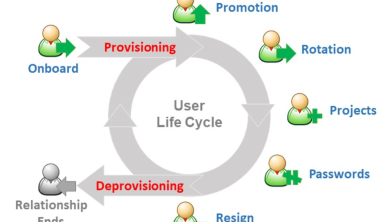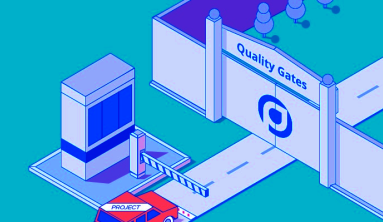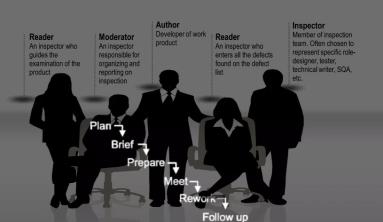Projects tend to be one-shot efforts; products are long-lived items with many releases and many customers.
The one-shot nature of projects means that (on average) our post-mortem is at the end, and usually focuses on where projects go wrong:
- Faulty commitment processes, where we (or our execs and sales teams) overpromise. If fixing this is “out of scope” of the post mortem group, we shrug shoulders and make this same mistake every time.
- Estimation and effort challenges. Estimating is inherently imprecise, and building software is more art than science, yet we often decide in post-mortems to do more/better estimation next time. Teams can improve their estimation, especially if we keep the same team together on very similar projects, but there’s often no pony here.
- Requirements, specs, and giving customers what they need/want. Frequent source of divergence/failure, so therefore a frequent topic in post-mortems. Always worth spending extra time up front on reframing the customer’s problem statement; very early mockups and paper prototypes; demanding time with intended end users instead of the client-side proxies who they provide (and are not the actual users of the work)
- Sometimes, we see successful projects also have post-mortems. A great opportunity to find areas of improvement without pillorying anyone.

Products, being long-lived, should have retrospectives/post-mortems at each major release. These tend to create backlogs of future product and marketing improvements, since we have an expectation that products continue. And our current paid customers will want improvements over time. Things like:
- Release cadences, bug fix processes, etc that will make current customers happier (i.e. less unhappy).
- New capabilities/features/tools to address known product holes.
- Need for even more early validation of problem statements, prototypes, beta tests and usability testing. Attempts to carve time out of sales calls in favor of learning.
- Incremental improvement in outbound communications and messaging, since our Sales/Marketing folks never feel up-to-date and paying customers need to know what’s happening or coming soon.
- Identifying resources shortfalls that we escalate for more funding, developers, customer success teams, sales campaigns, etc.
Note that these all assume ongoing improvements to products we keep selling.
- Sometimes, a product falls flat and fails entirely. Those post-mortems truly have a corpse to dissect and fingers to point. After the guilty product managers have been drowned, we’re still faced with telling our few paying customers that we’re taking away their new toys. What’s our company policy on alcohol before Noon?
Source: Quora
Category





